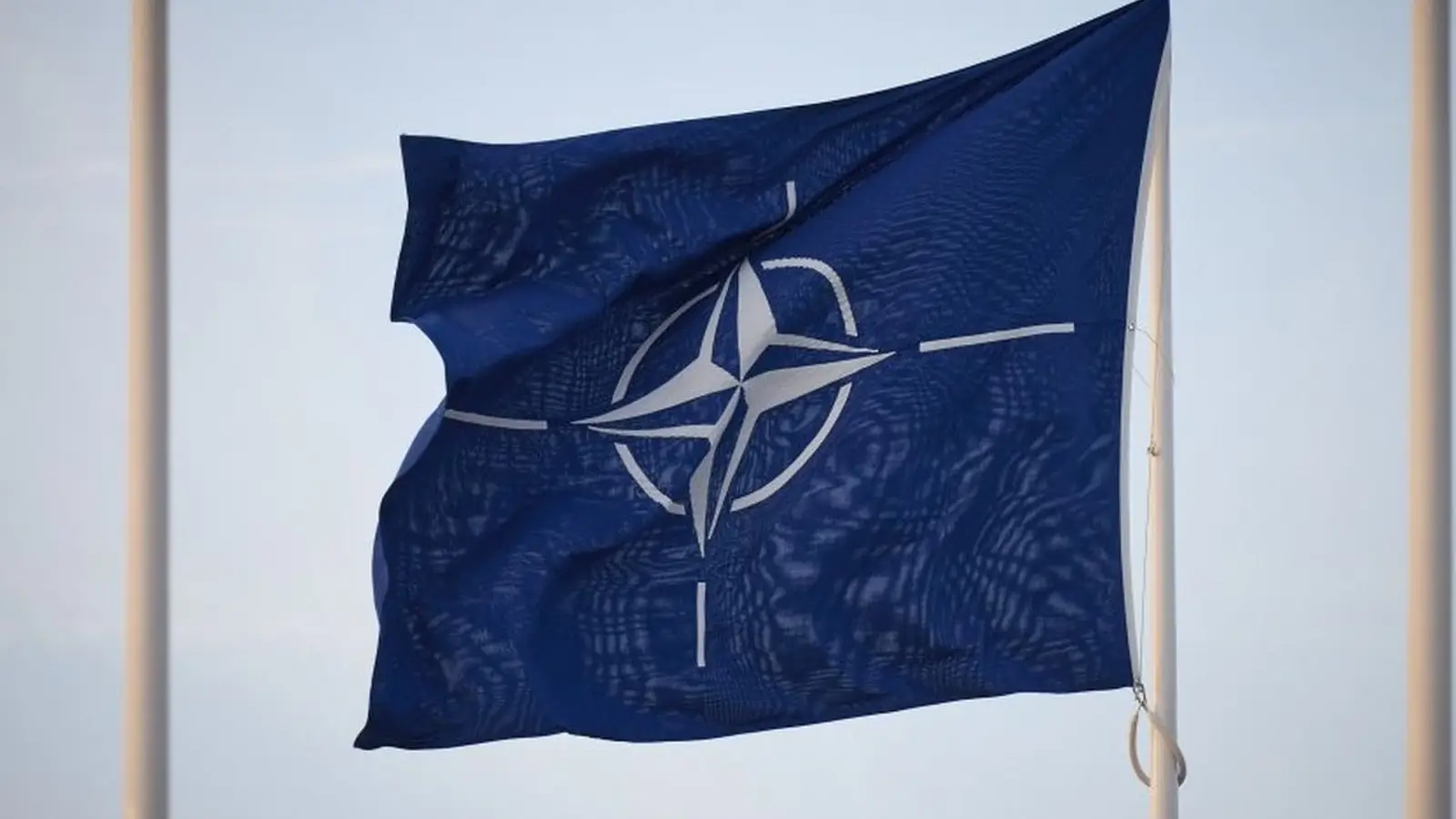Details Emerge of Western Security Guarantees for Ukraine


The West’s plan for Ukraine includes NATO instructors, U.S. private military companies, a no-fly zone, and Black Sea security measures.
The British newspaper The Daily Telegraph published the final details of the West’s plan to provide Ukraine with security guarantees, which may be announced this weekend.
According to the report, the measures include patrolling Ukrainian airspace, training Ukrainian troops by NATO instructors, supplying Kyiv with American-made weapons, and launching a military mission focused on demining and securing shipping lanes to Ukrainian ports in the Black Sea.
The plan envisions Ukrainian forces holding a fortified line of separation, while European NATO members handle the rearmament and training of Ukrainian troops. This would include financing the purchase of U.S. weapons systems and providing regular instruction to Ukrainian soldiers.
Another element involves deploying American private military companies on Ukrainian territory. These contractors would build fortifications, establish new military bases, and protect U.S. business interests in Ukraine. EU officials reportedly believe the presence of American PMCs would serve as a «deterrent factor» for Moscow.
The proposal also considers the potential deployment of a European NATO contingent inside Ukraine, positioned deep in the country as a third line of defense. However, The Daily Telegraph noted that the more likely scenario is the stationing of NATO instructors in western Ukraine only.
The plan further mentions the creation of a no-fly zone, initially limited to western Ukraine but intended to expand nationwide.
In the Black Sea, under Turkish leadership and with the participation of Bulgaria and Romania, a mission is being prepared to secure commercial shipping routes to Ukrainian ports and to clear naval mines.
At the same time, the European strategy relies on U.S. intelligence support and seeks to persuade Washington to deploy American fighter jets and missile systems in Poland and Romania, which could bolster Ukraine’s defenses against what European officials describe as the threat of a «new Russian offensive.»